What does the research say about molecular hydrogen?
Fortunately, there are over 1500+ studies on molecular hydrogen.
In Japan, molecular hydrogen is medically approved.
(If you go to a hospital in Japan, it is quite common to be treated with molecular hydrogen.)
On this page we will collect various studies in molecular hydrogen
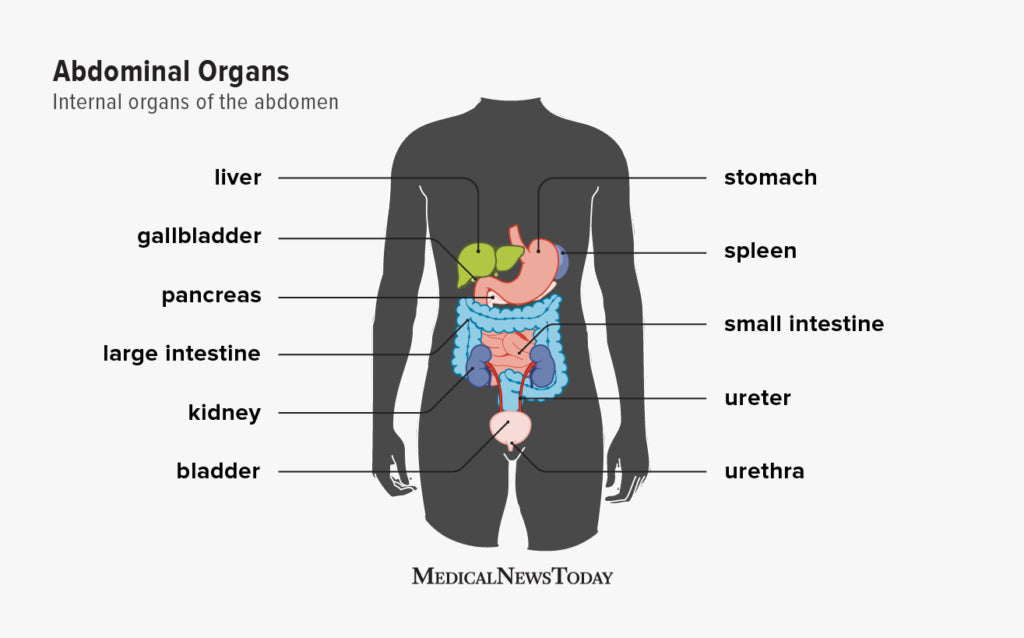
Effect on almost all organs
Probably the largest study in molecular hydrogen has collected over 321 scientific articles on the subject. They found positive effects on almost all organs. Among other things: Liver, kidneys, lungs, heart and blood vessels.
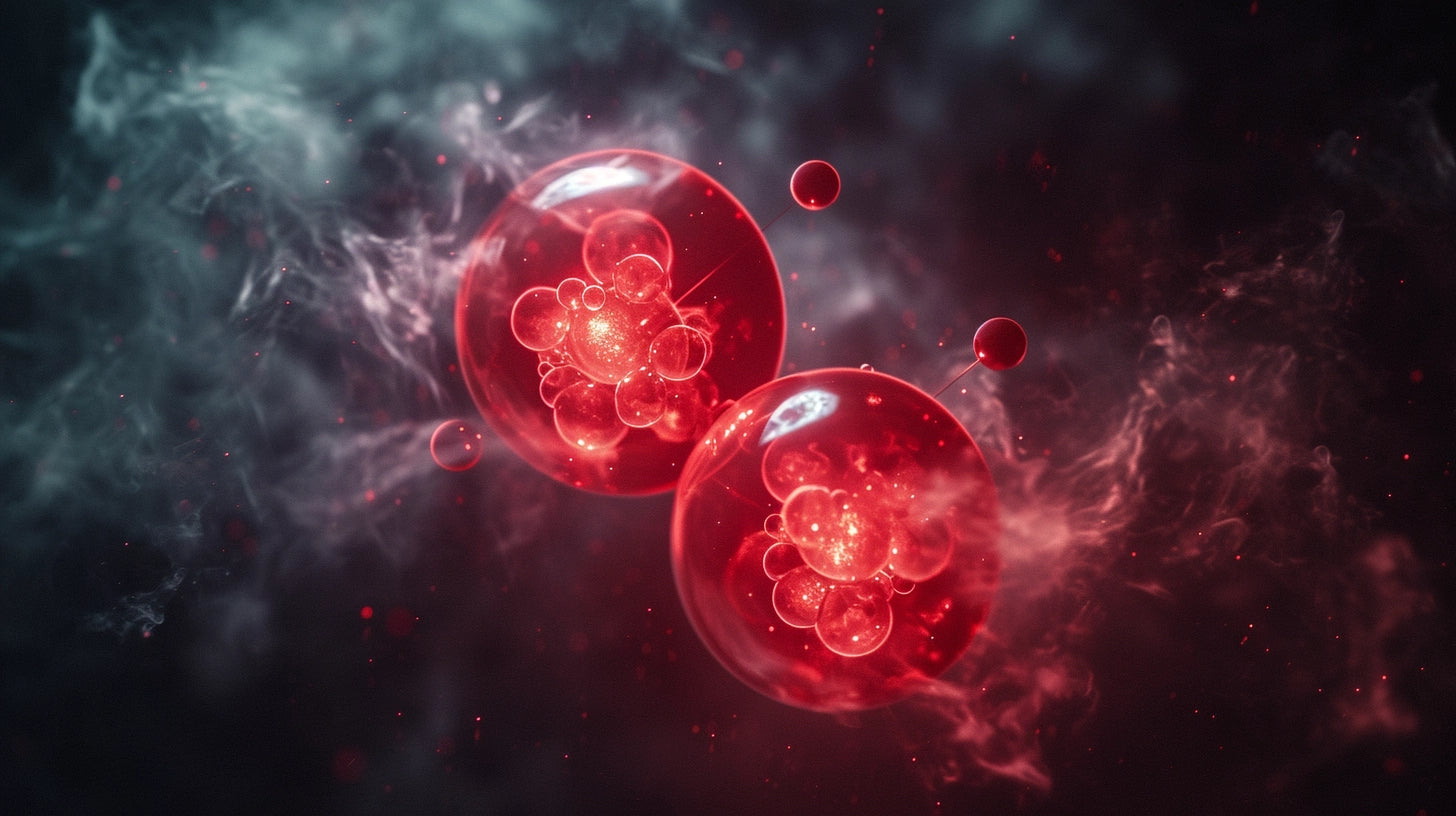
Effective against 31 disease categories
Perhaps not so strange that the Japanese use molecular hydrogen in their hospitals. A compilation of 321 studies shows that molecular hydrogen has a positive effect against 31 different categories of diseases.
Including cerebrovascular diseases, neurodegenerative diseases, inflammatory conditions and ischemia-reperfusion injuries.
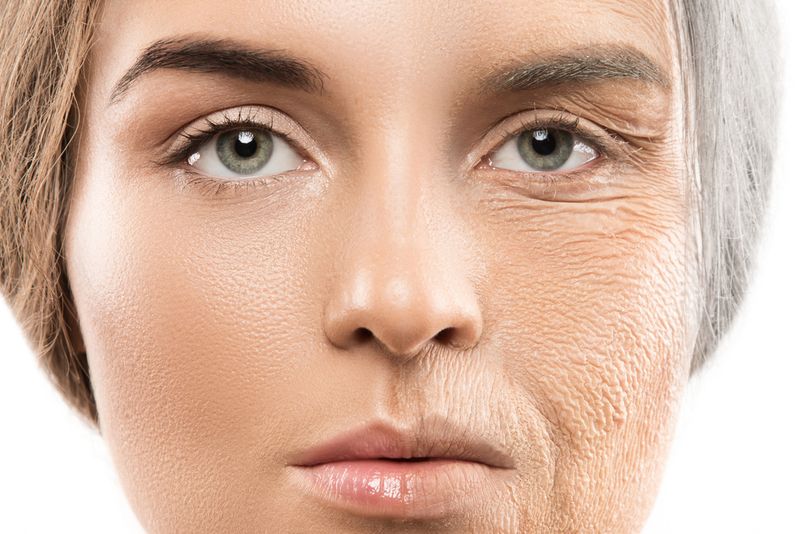
Anti-aging
Studies have shown that molecular hydrogen can be the solution to keeping the skin young and fresh. It almost sounds too good to be true, but the science backs it up!
Counteracts wrinkles with hydrogen water 🚿
A 2012 study shows that hydrogen-enriched water can reduce wrinkles. Hydrogen water helps produce collagen. Collagen is the protein that keeps the skin elastic. In addition, hydrogen water reduces damage from oxidative stress. This means less cell damage and healthier skin.
Relief for irritated skin 💧
Another study from 2012 showed that treatment with hydrogen-enriched water helps against acute erythematous skin diseases. It includes conditions with fever or pain. Patients received hydrogen-enriched water intravenously. The results? A noticeable improvement in the condition of the skin without recurrence.
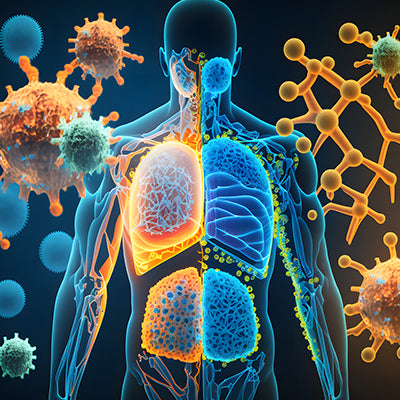
Strengthens the immune system
Molecular hydrogen (H2) offers an exciting benefit for improving the immune system. By regulating inflammation and reducing oxidative stress, H2 can help balance the body's defense mechanisms.
This makes H2 an interesting alternative for strengthening the immune system and protecting against a number of disease states.
For deeper insight into how H2 acts on the immune system and its potential benefits, see the study "Hydrogen, a Novel Therapeutic Molecule, Regulates Oxidative Stress, Inflammation, and Apoptosis" available on PMC: Read the study here .
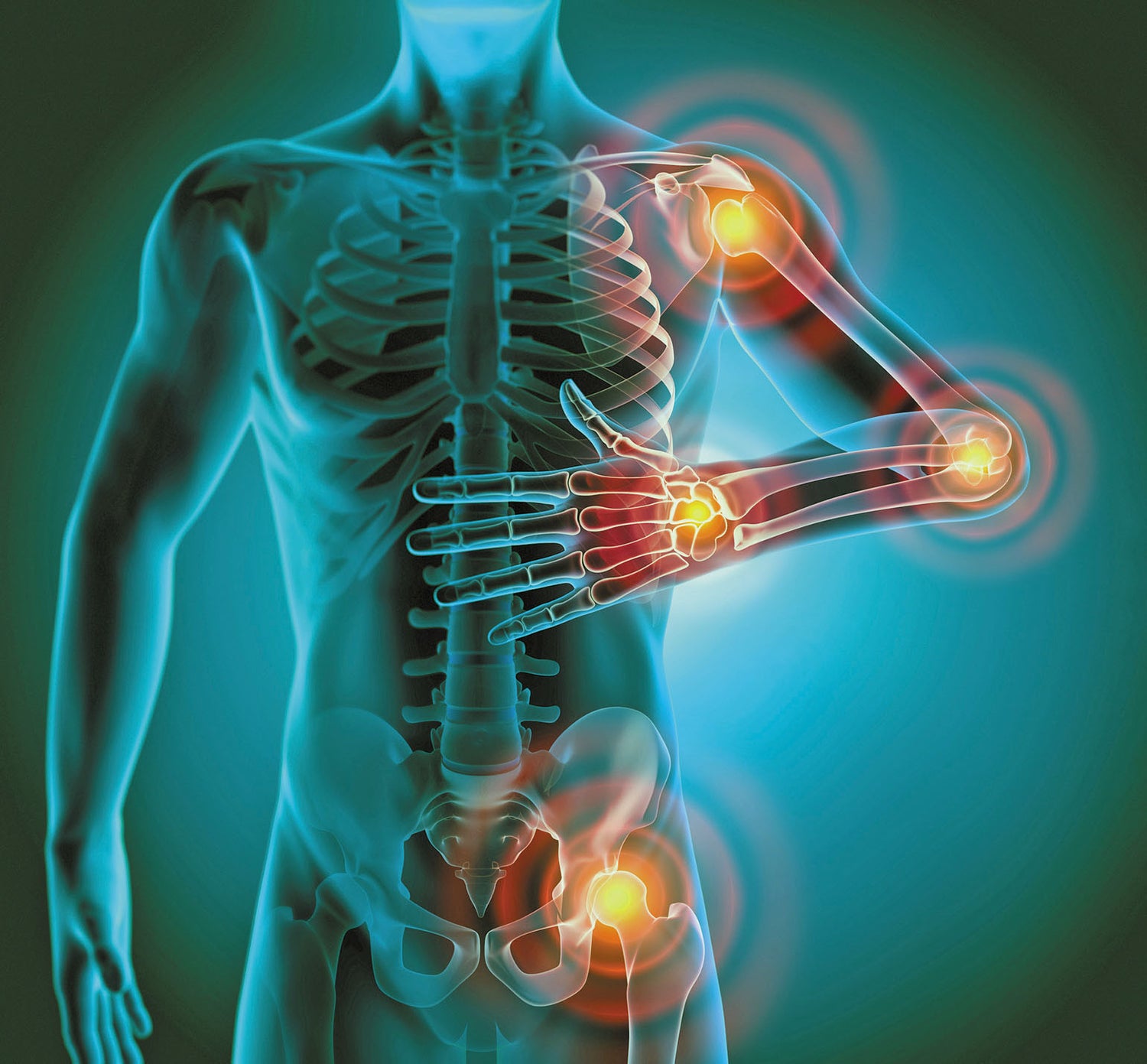
Inflammation and oxidative stress
Molecular hydrogen (H2) shows promising results in the fight against oxidative stress, a key factor behind many diseases and the aging process. By effectively neutralizing harmful free radicals, especially the dangerous hydroxyl radicals, H2 offers powerful protection against cell damage and inflammation. Its ability to quickly diffuse through cell membranes makes it uniquely suited to protect the body's most important components at the cellular level.
Studies, including "Hydrogen, a Novel Therapeutic Molecule, Regulates Oxidative Stress, Inflammation, and Apoptosis," published in Frontiers in Physiology 2021, as well as a comprehensive review of 321 original articles, highlight H2's potential to improve health conditions by modulating inflammation, oxidative stress and cell death. These studies underscore H2's safety and potential efficacy, making it a promising tool against many diseases.
For a deeper understanding of how molecular hydrogen can combat oxidative stress and its wide range of health benefits, read the full text of the study at PMC: Hydrogen, a Novel Therapeutic Molecule, Regulates Oxidative Stress, Inflammation, and Apoptosis .

Performance & Muscle Recovery
Molecular hydrogen has been shown to play a significant role in improving physical performance and accelerating muscle recovery after intense exercise. A study conducted on elite athletes showed that drinking hydrogen-rich water reduced blood lactate levels and improved muscle function after acute exercise, indicating an effective reduction of muscle fatigue ("Pilot study: Effects of drinking hydrogen-rich water on muscle fatigue caused by acute exercise in elite athletes", Med Gas Res, 2012).
Another study in mdx mice, a model of Duchenne muscular dystrophy, indicated that hydrogen water could alleviate motor deficits and muscle degeneration, pointing to its potential to improve muscle strength and health ("Molecular hydrogen alleviates motor deficits and muscle degeneration in mdx mice", Redox Rep, 2017).
Further research has confirmed these results, where hydrogen-rich water improved performance during repeated sprint cycling, proving its beneficial effects on endurance and recovery in prolonged intermittent exercise ("Effects of hydrogen rich water on prolonged intermittent exercise", J Sports Med Phys Fitness, 2018) .
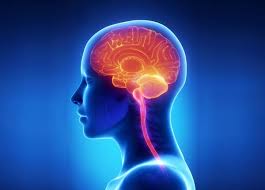
Brain health
Molecular hydrogen has the potential to help brain health by reducing oxidative stress, a key factor in the development of brain damage in acute cerebral ischemia. It does this by selectively neutralizing the most harmful oxygen radicals, such as hydroxyl radicals and peroxynitrite, which are directly involved in the pathology of brain damage. By reducing these harmful radicals, hydrogen can help protect brain cells from damage caused by ischemia-reperfusion, a process common in stroke. A clinical study has also shown that intravenous administration of hydrogen-enriched fluid is safe for patients with acute cerebral ischemia, indicating that hydrogen may be a promising treatment method to improve outcomes in stroke patients without causing serious side effects.
In summary
There are over 1500+ studies on molecular hydrogen. This page would have become as long as 20 old phone books if we were to list them all.
Molecular hydrogen appears to be a versatile molecule with a range of potential health benefits, which may explain why it has been the subject of over 1,500 scientific studies. The key to its broad therapeutic potential lies in its ability to selectively neutralize harmful oxygen radicals, specifically hydroxyl radicals, without interfering with other reactive oxygen radicals that have important biological functions. This unique property allows hydrogen to reduce oxidative stress, a common denominator in many diseases and conditions, from neurodegenerative diseases to inflammation and cardiovascular disease. By acting at this fundamental level, molecular hydrogen can offer a wide range of protective effects in the body, giving it the potential to be a comprehensive therapeutic agent.
There is a good site called " HydrogenStudies.com " that has the majority of all studies listed. Please visit it to read more.
